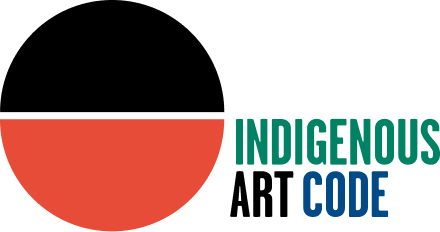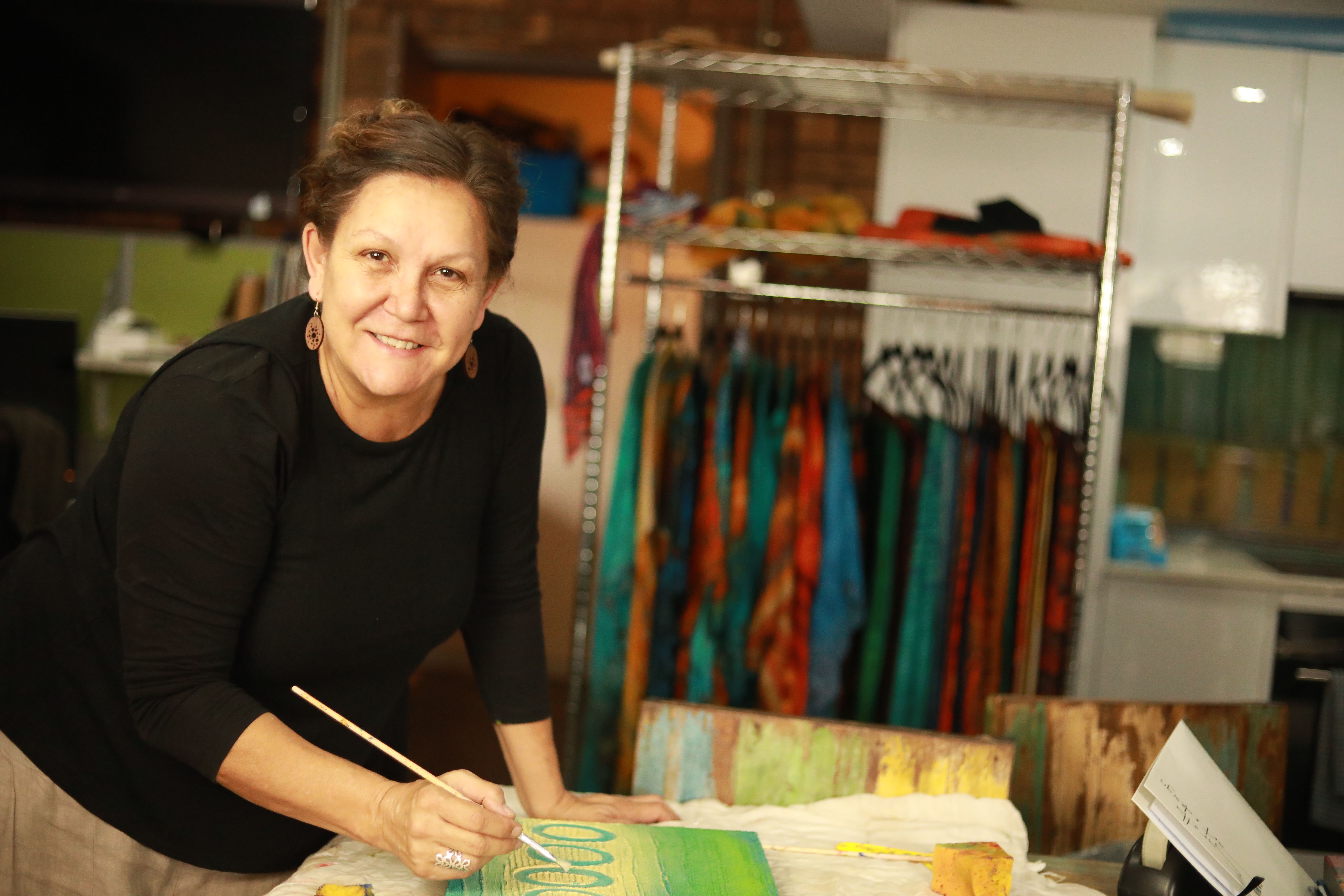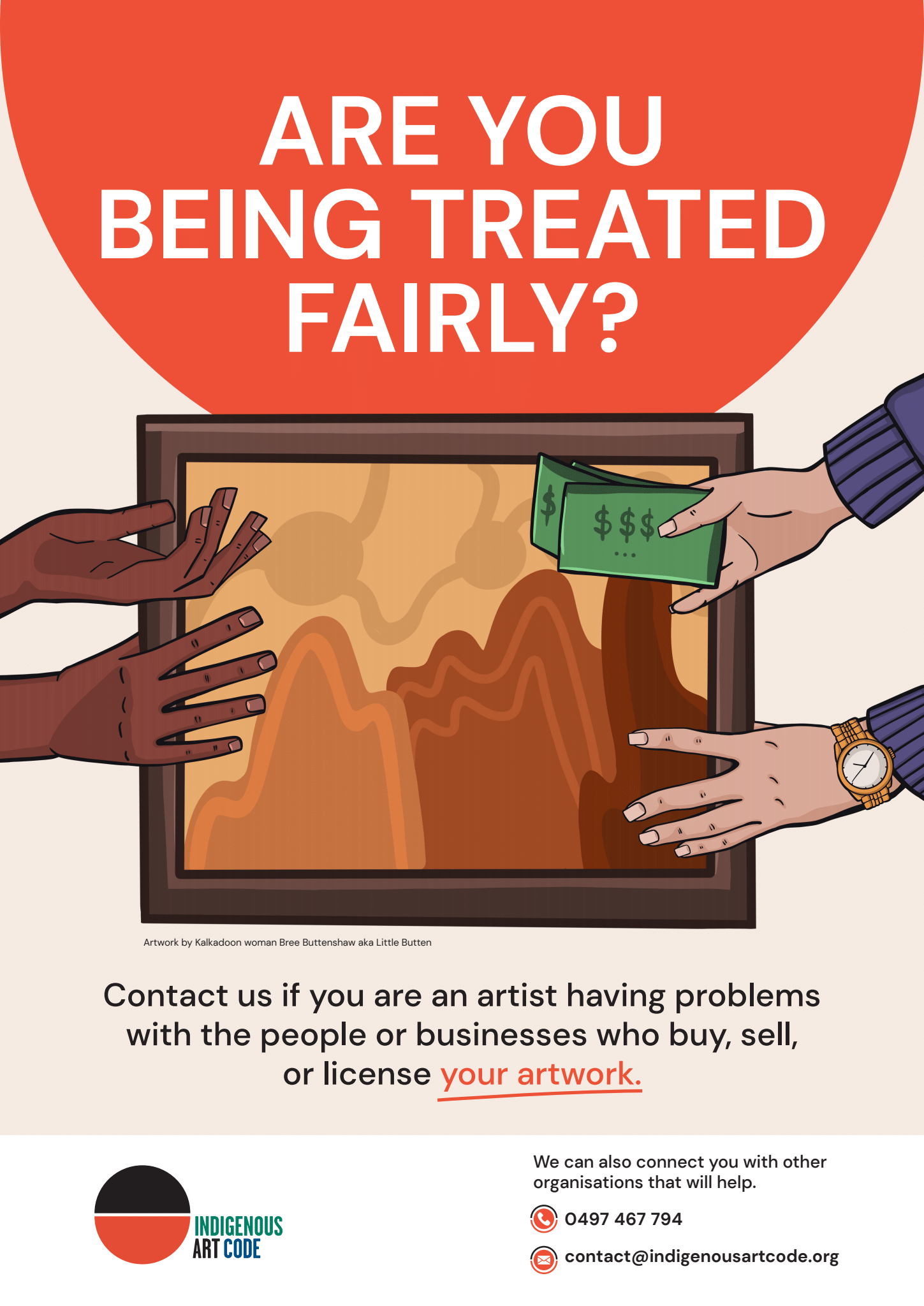I’ve learned that we bring something quite unique and valuable, and that needs to be reflected in the pricing we are putting on our pieces.
This new market that we find ourselves in is opening many doors. I used to get frightened about the pricing I was asking. But I’m always positive and I always envisage a great outcome.”
Artists who are entering into new partnerships or negotiating the sale or licensing of their artwork can often feel confused or unsure of their rights. Unfortunately, it is not uncommon for artists to sign or enter into an agreement they do not fully understand.
By seeking independent legal advice, artists can ensure that they are treated fairly, that they maintain agency in the decision-making process and that they fully understand the terms and conditions by which their artwork is sold, used, or reproduced.
We encourage artists to resist (as hard as it may be) any pressure towards making a quick decision or signing an agreement without first having it independently reviewed. Ethical businesses will allow time and encourage artists to seek independent advice. Support services, including the Arts Law Centre of Australia, provide a highly skilled and valuable service for artists, with support for Indigenous artists at low or no cost. Artists can access template best practice agreements, have documents reviewed by a lawyer and receive other legal advice and support.
The Indigenous Art Code want to see artists treated and paid fairly, your art valued, and your Indigenous Cultural and Intellectual Property Rights respected. We encourage you to have confidence in the value of your work and work with people that value your art and respect your culture. Remember you can always reach out to the Indigenous Art Code for information or support.
Are you an artist who needs support? Contact us for general assistance and inquiries, and for referrals to legal and licensing support services.




